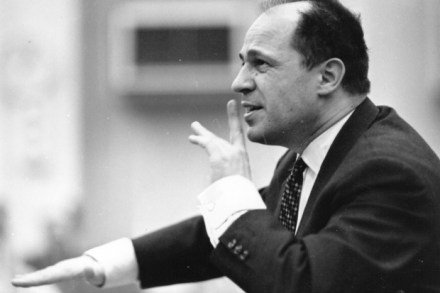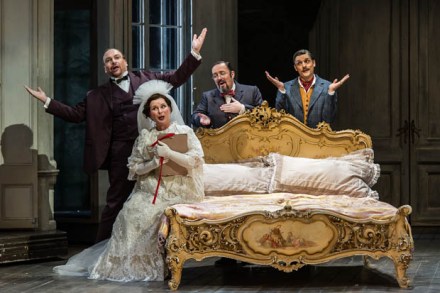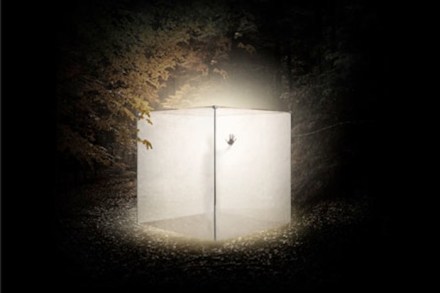Northern lights | 28 January 2016
Opera North continues to be the most reliable, inspiring, resourceful and enterprising opera company in the United Kingdom, and all that without taking account of its extremely limited budget. From April through July it will be presenting its remarkable interpretation of Wagner’s Ring cycle in various cities, including London, so it may not be surprising that before that it is mounting much more modest fare — as indeed everything else is. Giordano’s Andrea Chénier (1896) seems to be undergoing something of a revival, and this new production in Leeds is the first time it has ever been performed in the north of England. It is normally mounted to satisfy the




















